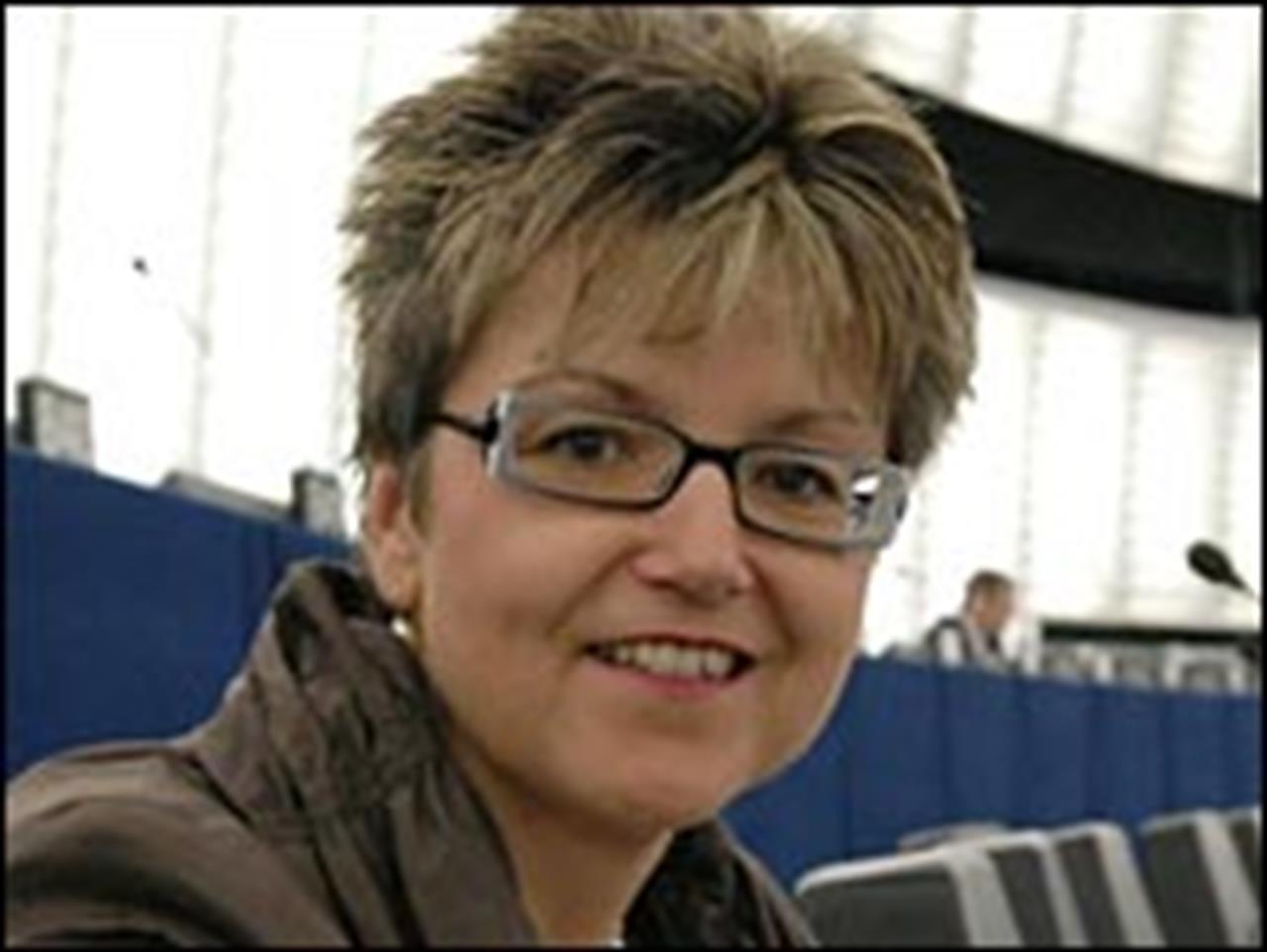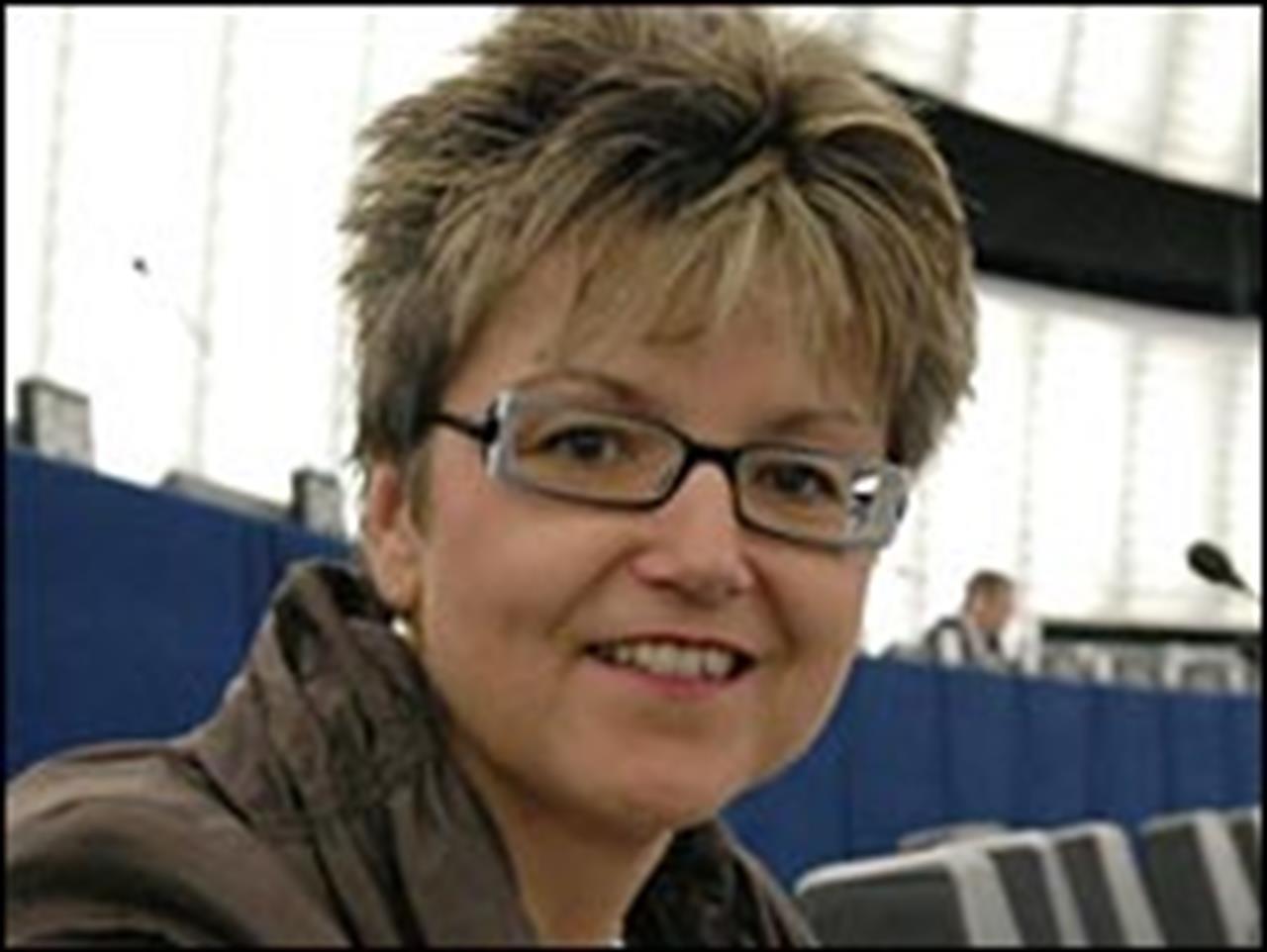
Dear Ms Graessle MEP,
Everybody in Brussels says you are a tough cookie. You are probably the most feared MEP at the Commission. However, I’ve always found myself in agreement with your hard line on transparency and efficiency in financial matters.
Tomorrow is a very important day for civil society. The European Parliament will discuss the report on EU funding for civil society that was commissioned by the Budgetary Control Committee. As I far as I know, it’s the first official debate on the topic ever.
For the first time we have an approximate figure for the EU’s financial commitment to civil society: €1.4bn to support 3000 non-profit organisations (NGOs) operating in a number of fields, including culture, education, environment and international development.
I’m really proud because the report makes particular acknowledgement to the civil society group working on the European financial regulation review, which, with the support of really committed officials, I instigated and have led since last year.
The final recommendations of the report are clear: for a reinforced partnership between the EU and civil society organisations through a more transparent, efficient and flexible funding system for NGOs.
In particular I would like to draw attention to the need to have a clear and common definition of ‘civil society organisation’ for all European institutions and departments; a unique public register with all the information about funding and beneficiaries; rationalization, harmonization and simplification of funding procedures across the EU; evaluation of results, not only financial accountability; more strategic funding, rather than ad hoc project funding; improvement in civil dialogue with networks and umbrellas.
I strongly ask you to endorse the recommendations and keep them in mind in the next step of the European financial regulation review.
However, there are shortcomings in the report that I would like you to consider as well. The report doesn’t mention a challenge in creating a single definition. The sector is very diverse and includes social enterprises as well as volunteer organisations. The not-for-profit definition must consider that successful organisations make a surplus at the end of the year but this is not redistributed – or just a tiny bit in the case of co-operatives – but reinvested in the mission of the organisations.
A restrictive interpretation of the non-profit definition would kill the most vital strands of civil society, such as social enterprise and social investments. The sector is growing rapidly, establishing new organisations, attracting young people and developing innovative solutions to society’s big problems. Professionalization and growth of the sector should not be stopped but encouraged.
Moreover, the sector is called upon, in the Europe 2020 Strategy and the Innovation Union Initiative, to take the lead on European economic growth through social innovation. European funding should enhance the capacity of NGOs to rise to the challenge.
Finally, the report is quite limited in scope. Since the majority of departments don’t publish the type of organisations receiving funding, the research was limited to international development, environment and cultural/educational fields. This is just part of the picture and the Parliament should commission a second report on the missing fields, such as public services and structural funds. Adding those data to the equation will at least triple the final figures.
I wish you good luck for tomorrow and hope to see you soon.
For all my readers wanting to follow the debate at the Parliament on line, see http://www.europarl.europa.eu/wps-europarl-internet/frd/live/live-video?eventId=20101115-1500-COMMITTEE-CONT&language=en
17 centesimi al giorno sono troppi?
Poco più di un euro a settimana, un caffè al bar o forse meno. 60 euro l’anno per tutti i contenuti di VITA, gli articoli online senza pubblicità, i magazine, le newsletter, i podcast, le infografiche e i libri digitali. Ma soprattutto per aiutarci a raccontare il sociale con sempre maggiore forza e incisività.

